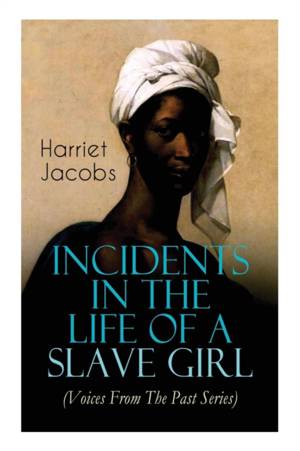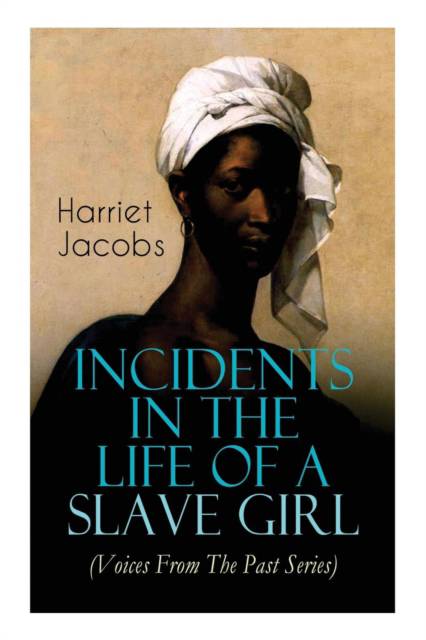
- Afhalen na 1 uur in een winkel met voorraad
- Gratis thuislevering in België vanaf € 30
- Ruim aanbod met 7 miljoen producten
- Afhalen na 1 uur in een winkel met voorraad
- Gratis thuislevering in België vanaf € 30
- Ruim aanbod met 7 miljoen producten
Zoeken
Incidents in the Life of a Slave Girl (Voices from the Past Series)
Memoir That Uncovered the Despicable Abuse of a Slave Women, Her Determination to Escape as Well as Her Sacrifices in the Process
Harriet Jacobs
Paperback | Engels
€ 18,95
+ 37 punten
Omschrijving
Harriet Jacobs' "Incidents in the Life of a Slave Girl" is a groundbreaking narrative that delves deeply into the personal experiences of an enslaved woman. Written in 1861, this autobiographical account employs a direct and poignant literary style that intertwines vivid storytelling with a profound social critique, revealing the psychological and physical toll of slavery, especially on women. Jacobs, under the pseudonym Linda Brent, intricately exposes the intersection of gender and race, illuminating the unique struggles faced by enslaved women, particularly in their pursuit of autonomy and dignity amidst oppressive circumstances. This work stands as a critical text in the canon of American literature and the abolitionist movement, providing invaluable insight into the lived realities of enslavement and systemic injustice. Jacobs, born into slavery in North Carolina, fled to the North to escape a life of subjugation and sexual exploitation. Her experiences as a mother and her relentless fight for her children's freedom led her to become an articulate advocate against slavery. Influenced by her own harrowing journey, Jacobs sought to expose the moral and ethical contradictions of a society that condoned such inhumanity. Her work reflects not only her personal trauma but also the broader struggle for liberation, shaped by her intense commitment to social reform and justice. This remarkable work is essential reading for anyone interested in understanding the historical and cultural implications of slavery in America. Jacobs' courageous storytelling resonates through the ages, offering readers a powerful narrative that is both personal and collective. As part of the "Voices From The Past Series," it stands as a testament to the resilience of the human spirit and a call to engage critically with the ongoing implications of race and gender in society.
Specificaties
Betrokkenen
- Auteur(s):
- Uitgeverij:
Inhoud
- Aantal bladzijden:
- 140
- Taal:
- Engels
Eigenschappen
- Productcode (EAN):
- 9788027330003
- Verschijningsdatum:
- 14/12/2018
- Uitvoering:
- Paperback
- Formaat:
- Trade paperback (VS)
- Afmetingen:
- 152 mm x 229 mm
- Gewicht:
- 195 g

Alleen bij Standaard Boekhandel
+ 37 punten op je klantenkaart van Standaard Boekhandel
Beoordelingen
We publiceren alleen reviews die voldoen aan de voorwaarden voor reviews. Bekijk onze voorwaarden voor reviews.








